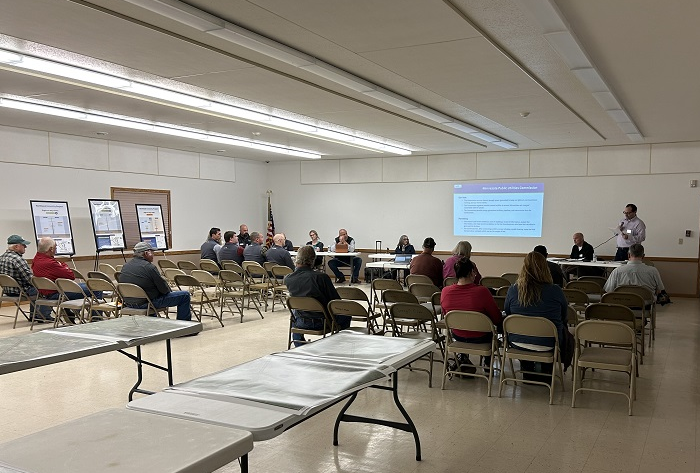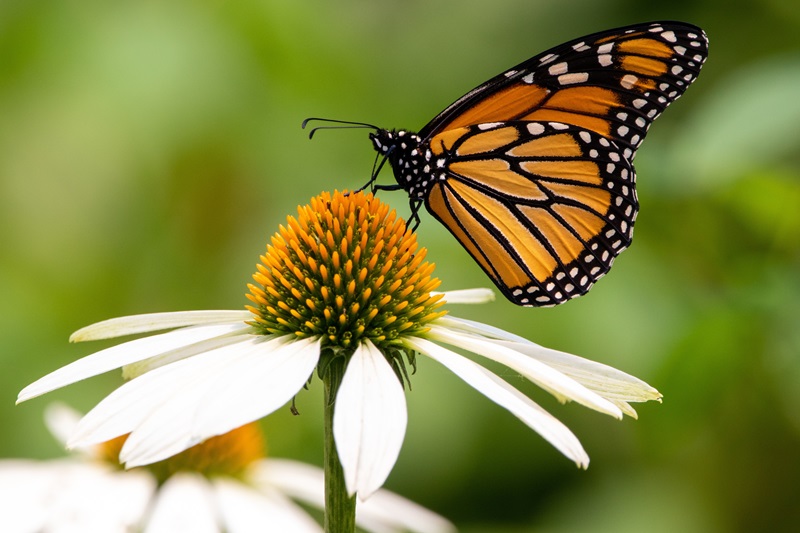Seven public information and environmental assessment scoping meetings for the Northland Reliability Project were hosted by the Minnesota Public Utilities Commission (PUC) and the Minnesota Department of Commerce last month. The scoping meetings were held in cities along the proposed route of the transmission line.
The meetings allow the public, agencies and applicants to propose route alternatives and topics to be analyzed in the state’s environmental assessment as part of the next phase in the certificate of need and route permit process.
“I am really pleased with how the week went,” said Dan Lesher, manager of transmission permitting and land rights at Great River Energy. “There was a good turnout and we appreciate that people came out to participate in this important part of the public process.”
Great River Energy and Minnesota Power are joint owners of the Northland Reliability Project. The organizations held 27 public meetings and open houses over the course of the past year to inform landowners of the project and get their feedback as the route corridor was narrowed and a route was proposed.
The Northland Reliability Project is an approximately 180-mile, double-circuit 345-kilovolt transmission line running from northern Minnesota near Grand Rapids to central Minnesota near Becker that will support grid reliability and resilience in Minnesota and the Upper Midwest as the regional power system continues to evolve. Great River Energy and Minnesota Power filed their combined certificate of need and route permit application with the PUC on Aug. 4.
Visit northlandreliabilityproject.com for more information about the Northland Reliability Project.

 " data-object-fit="cover">
" data-object-fit="cover">